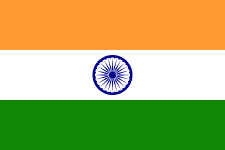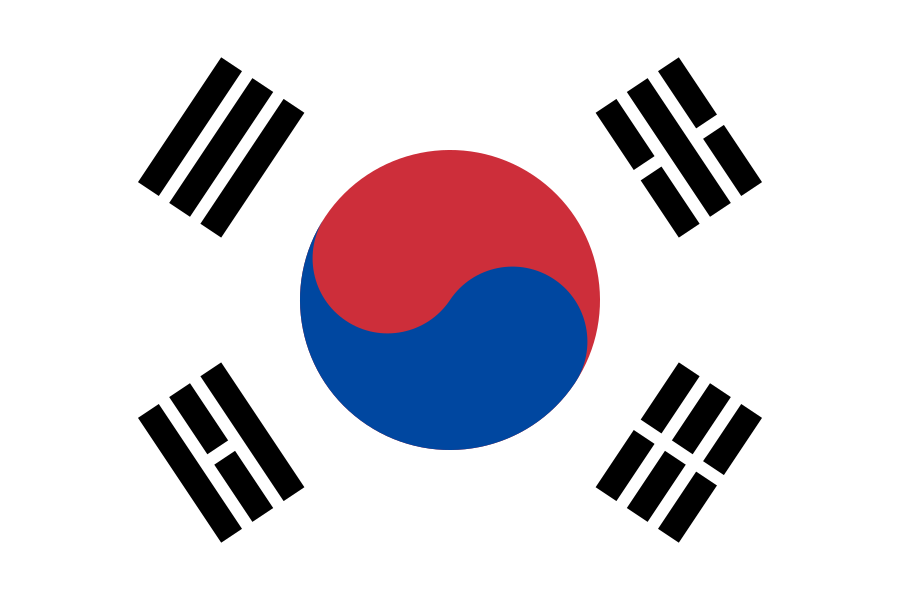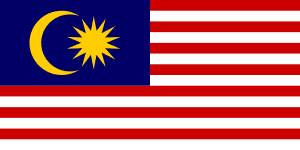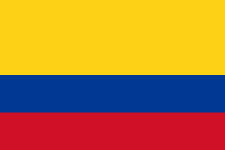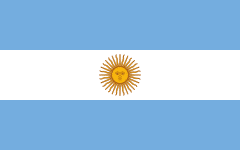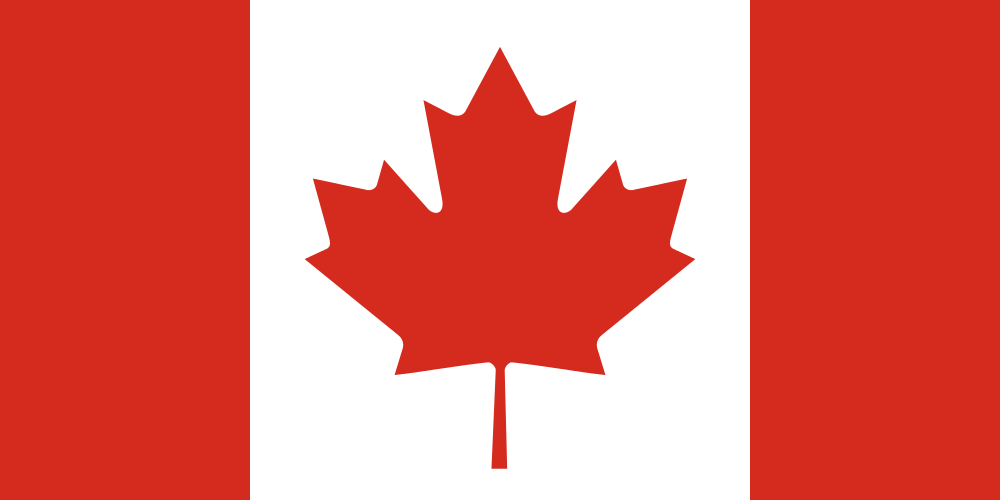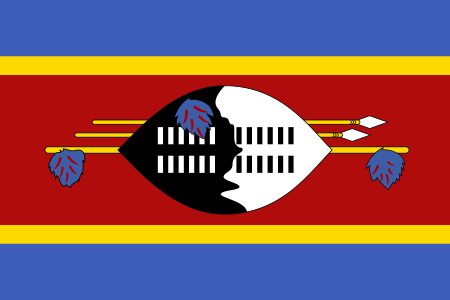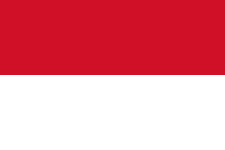- Industry
- Region
- Country / Region
On June 26, 2025, the Telecommunication Engineering Centre (TEC) of India issued a notice updating the documentation requirements and exemptions for PON series broadband devices under MTCTE. The updates include extending the protocol test exemption period for any PON interface from June 30, 2025 to December 31, 2025, and extending the acceptance period for applicant/original equipment manufacturer (OEM) self-declaration of conformity for Automatic Laser Shutdown (ALS) or Automatic Power Shutdown (APSD) from June 30, 2025 to December 31, 2025.
Click this link to view the original TEC notice.
On 26 June 2025, the Telecommunications Engineering Centre (TEC) of India issued a notice announcing the extension of the general exemption (no test report required) for the following products in the MTCTE certification scheme until 31 December 2025 or until further notice.
- mobile wireless trunking systems;
- cellular repeaters;
- Precision Timing Protocol (PTP) master equipment;
- Very High Frequency (VHF) Ultra High Frequency (UHF) radio system equipment;
- PTP PMP Microwave Fixed Radio System;
- ADSLx;
- VDSLx;
- optical fiber (single-mode);
- Fiber optics (cables);
- high-frequency radio systems;
- GSO VSAT/GSO user terminals;
- NGSO Endpoints/NGSO Integration Gateways.
Click this link to view the original TEC notice.
On June 25, 2025, the National Radio Research Agency (RRA) of South Korea issued Announcement 2025-44 for public comment on the draft revision of the Specific Absorption Rate (SAR) standard, which is as follows:
- Specific absorption rate (SAR) measurements will be based on the national standard KS C3350 (paragraph 1 of Article 3 of the draft);
- The implementation date of the announcement is April 1, 2026, and the announcement provides transitional measures (Articles 1 and 2 of the Supplementary Provisions of the Draft) to ensure that products before the implementation date are subsequently found to be compliant;
- Clarify the numbers of specific clauses in the administrative provisions (standards for electromagnetic wave human protection) related to the scope of application of the announcement, and revise the relevant terms (Article 2 of the Draft);
- editorial revisions to the provisions, including the deletion of unnecessary abbreviations and article numbers, the removal of repetitive terms, and the addition of Korean indications to the names of standardization bodies (Articles 1, 2, 3.1 and 2 of the draft);
Click on this link to view the original public consultation, and the comment period is until 25 August 2025.
On 24 June 2025, the Communications and Multimedia Commission of Malaysia (MCMC) issued the Radio Equipment Class Assignment No. 2 of 2025. This class assignment is now in effect and replaces Alass Assignment No. 1 of 2025.
Click this link to view the original Class Assignment Announcement No. 2 of 2025.
On June 18, 2025, the Colombian Communications Regulatory Commission (CRC) issued Circular Letter No. 162 of 2025. The circular expands the product range from mobile phones to fixed and satellite terminals; allocate 2500MHz to 4G and 5G technologies; The technical standard table has been revised and equipment is required to meet the technical requirements for electromagnetic radiation (SAR), RF and EMC stipulated by international standards such as IEEE and 3GPP.
Click on this link view the original text of CRC Circular No. 162 of 2025.
On June 17, 2025, the National Communications Authority of Argentina (ENACOM) issued Resolution 928/2025. The resolution uses the 414-415 MHz and 424-425 MHz frequency bands for the Radio Link Centralized System (SRCEP) for private use.
Click on this link to view the original text of Resolution 928/2025.
On June 17, 2025, the Telecommunications Certification Bodies Council (TCBC) forwarded a notice from Innovation, Science and Economic Development Canada (ISED) by mail, announcing that as of June 30, 2025, applications containing multiple product marketing names (PMNs) will no longer be allowed to be submitted in a single field. Such applications will be considered as series applications and must be submitted in a series manner. Applications submitted on or after June 30, 2025, containing multiple PMNs in a single field, will be returned to the certification body for amendment.
Click this link to view the original TCBC notice.
Following the public consultation held by the Eswatini Communications Commission (ESCCOM) on November 13, 2024, regarding the phase-out of 2G and 3G mobile telecommunications networks, on June 17, 2025, ESCCOM issued Circular No. 5/2025 deciding to phase out 2G and 3G traditional mobile network technologies. As of November 30, 2025, new mobile devices that only support 2G or 3G will be prohibited from importing and type approval. All 2G networks will be officially shut down on December 31, 2028, and all 3G networks will be shut down on December 31, 2030.
Click on this link to view the original ESCCOM Notice No. 5/2025.
On June 12, 2025, the Directorate General of Digital Infrastructure (DJID) of the Indonesian Ministry of Communication and Digital issued Regulation Number 1 of 2025 on the Regulation of the Directorate General concerning the Withdrawal of Technical Requirements for Telecommunications Tools and/or Telecommunications Equipment.
This revocation coincides with the development of a series of new regulations, including:
- Regulation No. 601 of 2023 of the Minister of Communications and Information Technology on technical standards for antenna telecommunications equipment;
- Decree of the Minister of Communications and Information Technology No. 5 of 2024 on technical standards for non-cellular low-power WAN equipment;
- Decree of the Minister of Communications and Information Technology No. 260 of 2024 on technical standards for short-range equipment;
- Decree of the Minister of Communication and Digital Number 12 of 2025 on Technical Standards for Radio Spectrum Based on Category Licensing and Telecommunications Equipment and/or Telecommunications Installations in Radio Local Area Networks.
With the promulgation of the new regulations, from June 12, 2025, several technical regulations have been declared repealed and no longer valid, including:
- SDPPI Decree No. 268/DIRJEN/2001 on Radio (Outdoor) Technical Requirements for Wireless Local Area Networks;
- SDPPI Decree No. 42/DIRJEN/2006 on technical requirements for antenna tools and devices;
- SDPPI Decree No. 44/DIRJEN/2006 on technical requirements for cordless telephone equipment and devices;
- SDPPI Regulation No. 3 of 2019 on Technical Requirements for Low-Power Wide-Area Telecommunications Tools/Equipment;
- SDPPI Regulation No. 4 of 2019 on Technical Requirements for Telecommunications Tools/Equipment for Dedicated Short-Range Communications;
- SDPPI Regulation No. 3 of 2020 concerning Technical Requirements for Telecommunication Tools/Equipment for Automotive Short-Range Radar Systems.
Click on this link to view the original KOMIDIGI NOMOR 1 TAHUN 2025 regulation.
On June 12, 2025, the U.S. Federal Communications Commission (FCC) issued a final rule on the federal register website to regulate the use of spectrum in the 37 GHz low band and above 24 GHz in mobile radio services. The rule will free up 600MHz of spectrum resources to support flexible fixed/mobile uses, including fixed wireless broadband and the Internet of Things (IoT). The new rules will come into effect on July 14, 2025. Click this link to view the original announcement.
The FCC also issued the Sponsoring Proposal Rules (FNPRM), which mainly involve:
- Stricter emission limits for the Ultra-High Band Flexible Service (UMFUS) in the frequency band above 37 GHz;
- Complementing the Final Rule with Supplemental Provisions;
- Replace the existing coordination mechanism with a dynamic spectrum management system (DSMS);
- Corrected the error of the power flux density (PFD) parameter in the UMFUS technical rules.
Click this link for the original FNPRM proposal, which is open for public comment until July 14, 2025.
